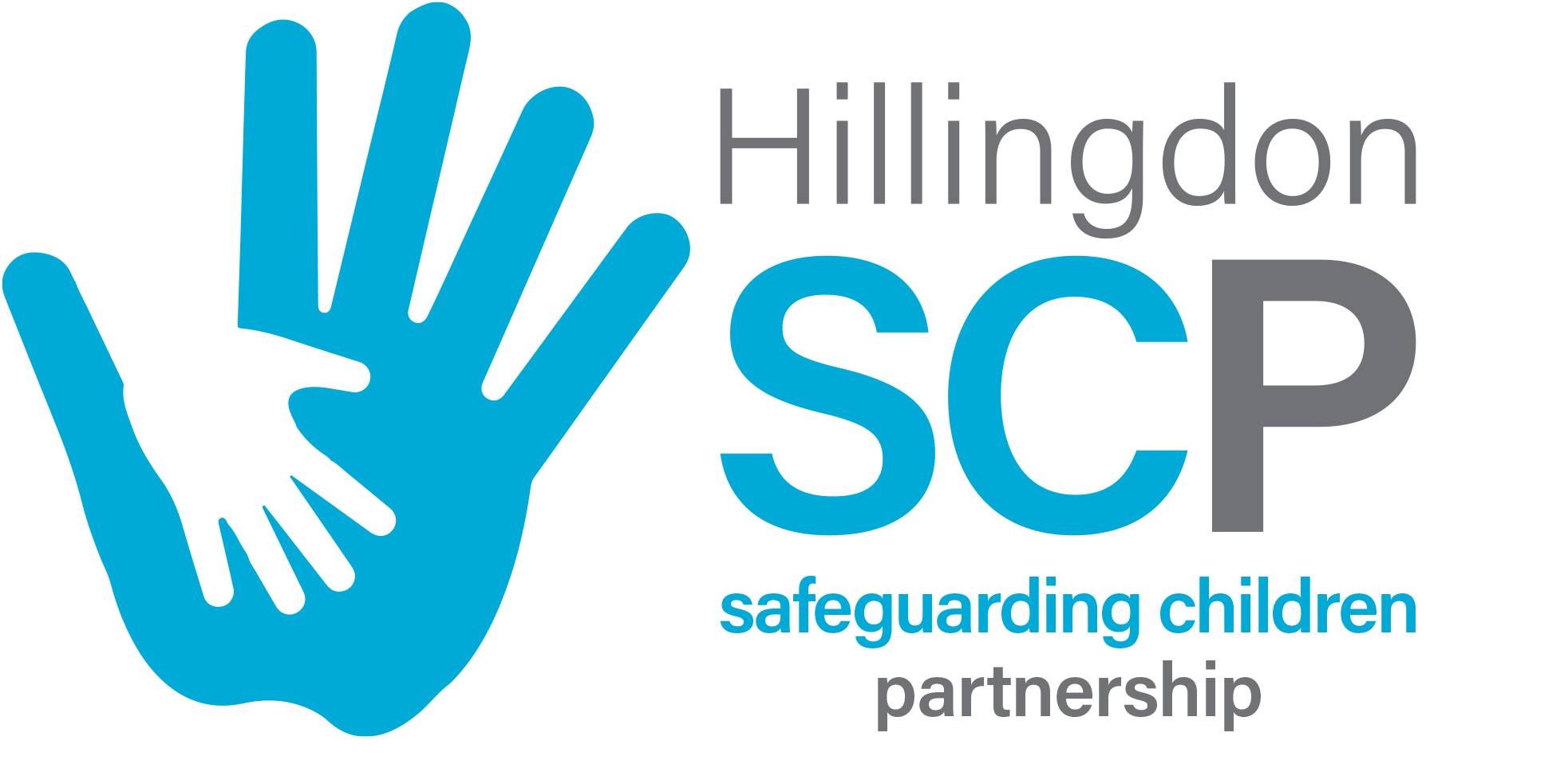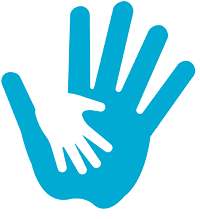Once a child is born, neglect may involve a parent or carer failing to:
➢ provide adequate food, clothing and shelter (including exclusion from home or abandonment)
➢ protect a child from physical and emotional harm or danger
➢ Ensure adequate supervision (including the use of inadequate caregivers)
➢ Ensure access to appropriate medical care or treatment
It may also include neglect of, or unresponsiveness to, a child’s basic emotional needs.
Some children are at increased risk of suffering neglect, including those who have a disability or complex health needs, those born prematurely, children in care, and those who are seeking asylum. The pressures faced by parents can also increase the vulnerability of children to neglect. This is particularly so for children living in families where there is domestic abuse, substance misuse or a parent with a mental health issue or learning disability. It is also acknowledged that the experience of the Covid-19 pandemic and the cost of living crisis is likely to have placed additional pressures on families, especially for families who were already experiencing poverty.
Everyone working with children, and their families, has a responsibility to ensure that they recognise neglect and take action to reduce the impact on children. Signs and indicators of neglect will inevitably vary according to the developmental needs and ages of children. Simplistically the presentation of neglect in an infant will differ from that in an adolescent, however the need for support and protection will remain. Universal services including schools, general practitioners and other health services have a key role in the early identification of, and early response to, neglect.


